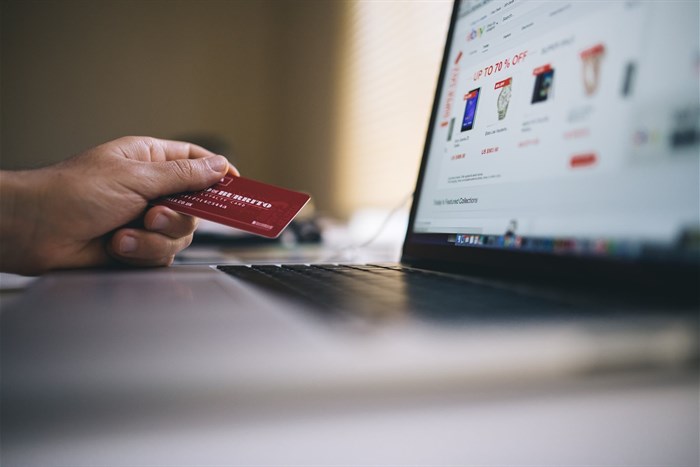
Top stories






More news











Marketing & Media
Chicken Licken bravely debones a rare phobia with their latest campaign
Joe Public 3 days




Unfortunately, more online shopping means additional opportunities for cybercriminals waiting to prey on unsuspecting shoppers. ISP Mweb offers the following top tips to keep safe while online shopping:
During the sales period, websites are often cloned to fool consumers into thinking they are shopping on a legitimate site. The website may appear almost identical to the real site, however, look out for subtle changes such as images that are pixelated, functions on the site may not working properly, and double-check the address of a site to confirm it's the real deal.
Before entering any information into a website, always check that the site is safe and secure. You can do this by hovering your mouse over the URL and checking the validity of the web address. You should look for a padlock symbol in the address bar and check that the URL begins with a ‘https://’ or ‘shttp://’. Without HTTPS, any data passed on the site is insecure and could be intercepted by cybercriminals.
Emails or posts on social media promising ‘sweet deals’ should be approached with caution. Clicking on the link could bring you straight to a phishing site or you may end up downloading malware onto your device. It can be hard to distinguish between a real bargain and a fake so it’s best to do your research to find out if the site is credible or go directly to a brand’s website to determine if the deal is real.
Creating a strong password is one of the easiest ways you can protect yourself from being hacked online. It is often tempting to use the same password for multiple accounts, but this puts you at great risk of having your data stolen. It’s best to use a unique username and password for separate online accounts so that should you be phished, cybercriminals will have access to your other online accounts.
Using public WiFi to search for the best Black Friday and Cyber Monday deals could open you up to a range of security risks as it requires no authentication to establish a network connection allowing fraudsters direct access to any unsecured devices on the same open network. This means hackers can steal valuable information such as login passwords, credit card info, and other personal and financial details. It can also be used to spread malware.
It’s always worth keeping a close eye on bank statements and making sure your bank account has immediate notifications, to make sure there are no unusual transactions on your account. During Black Friday and Cyber Monday there will be lots of online activity, so keep an eye out for unusual debits from your account that could normally go undetected.
You should make sure that all your security software is up to date before you start shopping. This will prevent cybercriminals from gaining access to your computer through vulnerabilities in older and outdated systems.